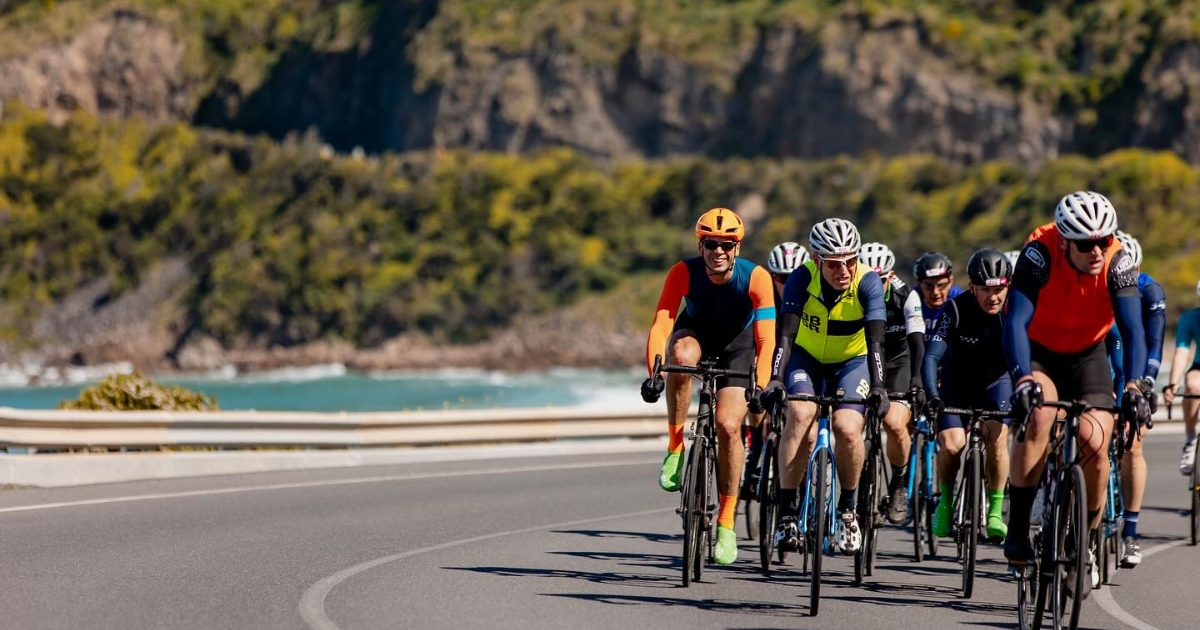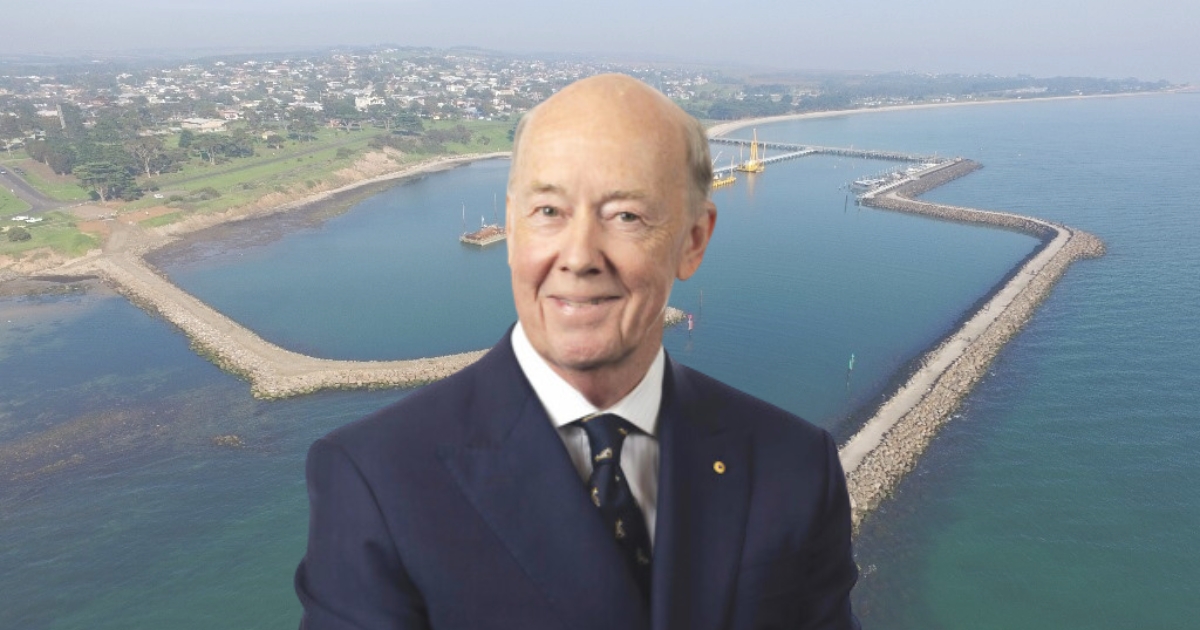Harding recalls era of competitive champions
IN AN ERA where participation awards did not exist only medals won by merit, Torquay’s Thomas Harding was a champion.
Having won several accolades including state and national titles for distance running, Thomas ran alongside Olympians John Landy and Ronald Blackney as a member of the Geelong Athletics Guild.
With the Commonwealth Games Queens Baton relay to pass through Torquay early next year, Mr Harding recalled being chosen as a torch bearer for the 1956 Melbourne Olympic Games.
He helped transport the flame from Meredith to Werribee and said it was a time when healthy competition was everything.
“I came from an era where the Geelong Guild was a really strong distance running club, we came up from nothing in the 1940s but by 1953 we had six Olympians among us,” he said.
“It was a pretty powerful group and we did well and had a lot of fun. For the Melbourne games, we were asked by the city council to manage the torch relay across the 50 miles.
“About 20 athletes from our club were chosen alongside 30 other representatives across the region, under the strict condition we covered our one-mile distance in five minutes and 25 seconds.”
He said the group trained at Eastern Park and ran along the golf course and past the old gun club and ran with six replica torches specifically made by the Geelong Gas Company for training.
“We used them to practice running under time and they were quite heavy; people would come down in groups to train and use the torches,” he said.
“During the actual event each runner had a police escort and they’d keep an eye on your time according to the speedometer. There was an army truck at the end of each mile that had at least 10 torches in the back and one runner would touch the hot torch to the new torch and transfer the flame.
“When we got to the halfway mark in Geelong, massive crowds had gathered for a civic reception outside City Hall. There was a big urn which was lit outside and then we went inside, met the mayor then carried on to Werribee the next day.”
Mr Harding was 22 at the time and said his only chance of making the Olympics would’ve been the marathon but, despite being a member of the Olympic training group, did not compete.
“I was a top distance runner and had just won the five-mile Victorian Championship. If I had worked really hard at the marathon I might’ve made it but my legs just weren’t mature enough at the time,” he said.
“I was however, invited by the Olympic Committee to set the race time for the pentathlon event which is broken up into seven parts each worth 1,000 points. One is the 4,000-metre race. I ran it and my time was then used as the standard for all of the other competitors.”
The honour meant Thomas became an official of the games and it became one of many accolades and achievements he would receive throughout his sporting career.
“I only really became a runner after I got really fit during my national service. I began training and entered into an event and won my mile by a whole straight so when I came back to Geelong I joined the Geelong Athletic Guild.
“In the beginning people would think you were a queer breed and they would toot and laugh at you running on the side of the road. We were a start of an era and then suddenly during the lead up to the Olympic Games they started cheering you on.”
Mr Harding said everyone in Geelong knew his club had been asked to carry the torch because they were excellent at relays and continued to “beat the pants” off other clubs.
Now at the age of 84, Mr Harding said he only stopped running 20 years ago and it had been a wonderful way to stay fit and be involved within a team environment.
“It wasn’t like today where you receive a box of chocolates regardless of where you place. To win a badge was special and today they hand them out like they are nothing.
“It was about grading people properly and allowing them to have the same sense of competition and achievement regardless of the level they were competing on.
“Things changed when my daughters were at school, it was no longer called an athletic competition but a festival instead. I think competition is a wonderful thing because that’s what causes people to strive to improve.”



















